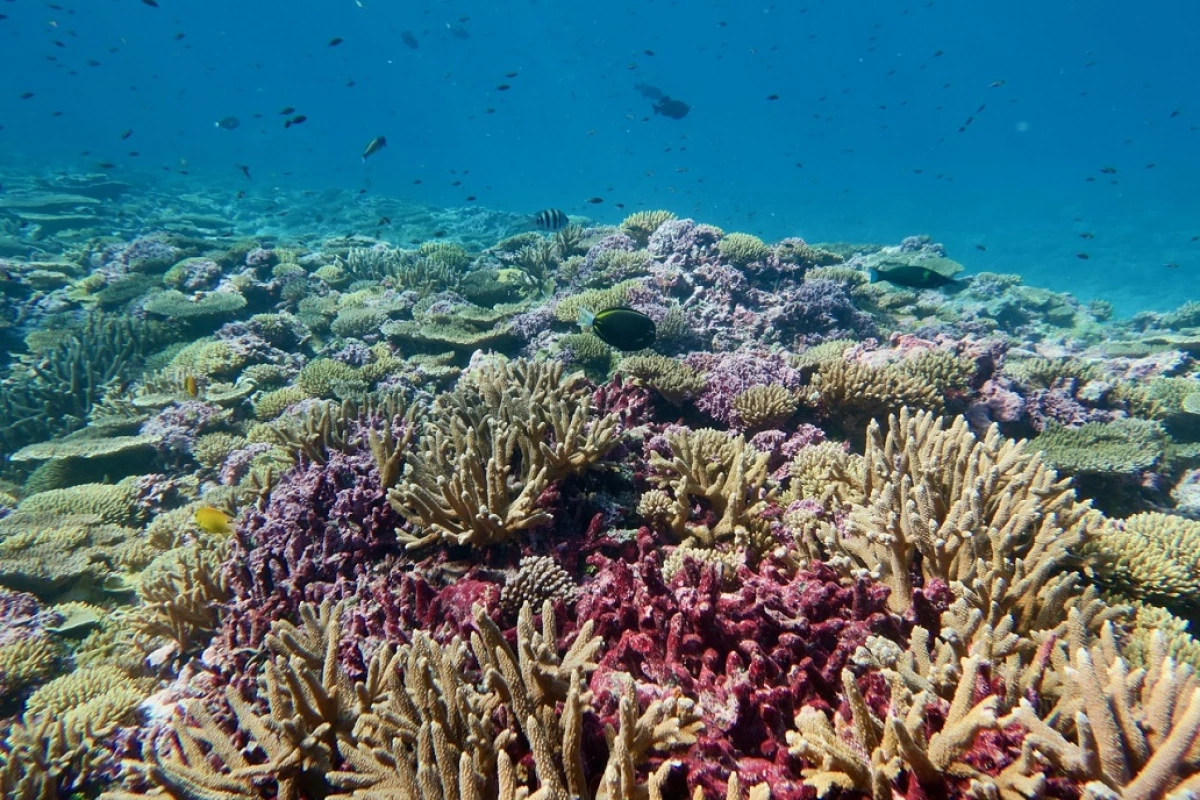New research has shed light on how nuclear war could seriously alter the chemistry of Earth’s oceans, and in so doing damage the life that dwells within. The scientists behind the study used an advanced climate model to predict a range of nuclear scenarios, and the fallout that could follow in their wake.
Nuclear conflict is one of the greatest threats facing the world in the present day. The sheer destructive power of these super weapons was displayed in the final year of World War II, when two US bombs laid waste to the Japanese cities of Hiroshima and Nagasaki, claiming the lives of tens of thousands of people.
Alongside the tragic loss of life that inevitably accompanies such an event, a nuclear conflict would also have a profound effect on Earth’s environment. Smoke would darken the skies, and agricultural crops far from the conflict sites would suffer.
Now, a new study has revealed some of the potentially devastating effects that nuclear war could have on Earth’s oceans.
Researchers used a state-of-the-art Earth system model to simulate the impact of a range of nuclear conflict scenarios. These included relatively small regional nuclear conflicts, for example between India and Pakistan, to even larger wars between the US and Russia.
The simulations showed that, in the wake of a nuclear conflict, an enormous amount of sunlight-absorbing soot particles would be injected high into the atmosphere by fires triggered by the cataclysmic blasts.
Carbon dioxide would then enter the upper ocean, and form carbonic acid, which would in turn increase ocean acidity. This would increase the amount of hydrogen ions present in the ocean while decreasing the amount of carbonate ions, which corals and marine animals rely on to develop bones and shells.
According to the researchers, soot in the atmosphere would trigger global cooling, which would have the temporary effect of lowering ocean acidification. However, the cooling would also exacerbate problems for marine life by further lowering levels of carbonate ions in the oceans for around 10 years following the nuclear strikes.
The authors note that, whilst a large-scale nuclear war would be a worst case scenario, even a relatively small war between India and Pakistan could have significant and far-reaching detrimental effects on ocean life.
“We have known for a while that agriculture on land would be severely affected by climate change from nuclear war,” comments co-author of the new study, Prof. Alan Robock of Rutgers University. “A lingering question is whether the survivors could still get food from the sea. Our study is the first step in answering this question.”
The paper has been published in the Journal of Geophysical Research Letters.
Source: Rutgers University




